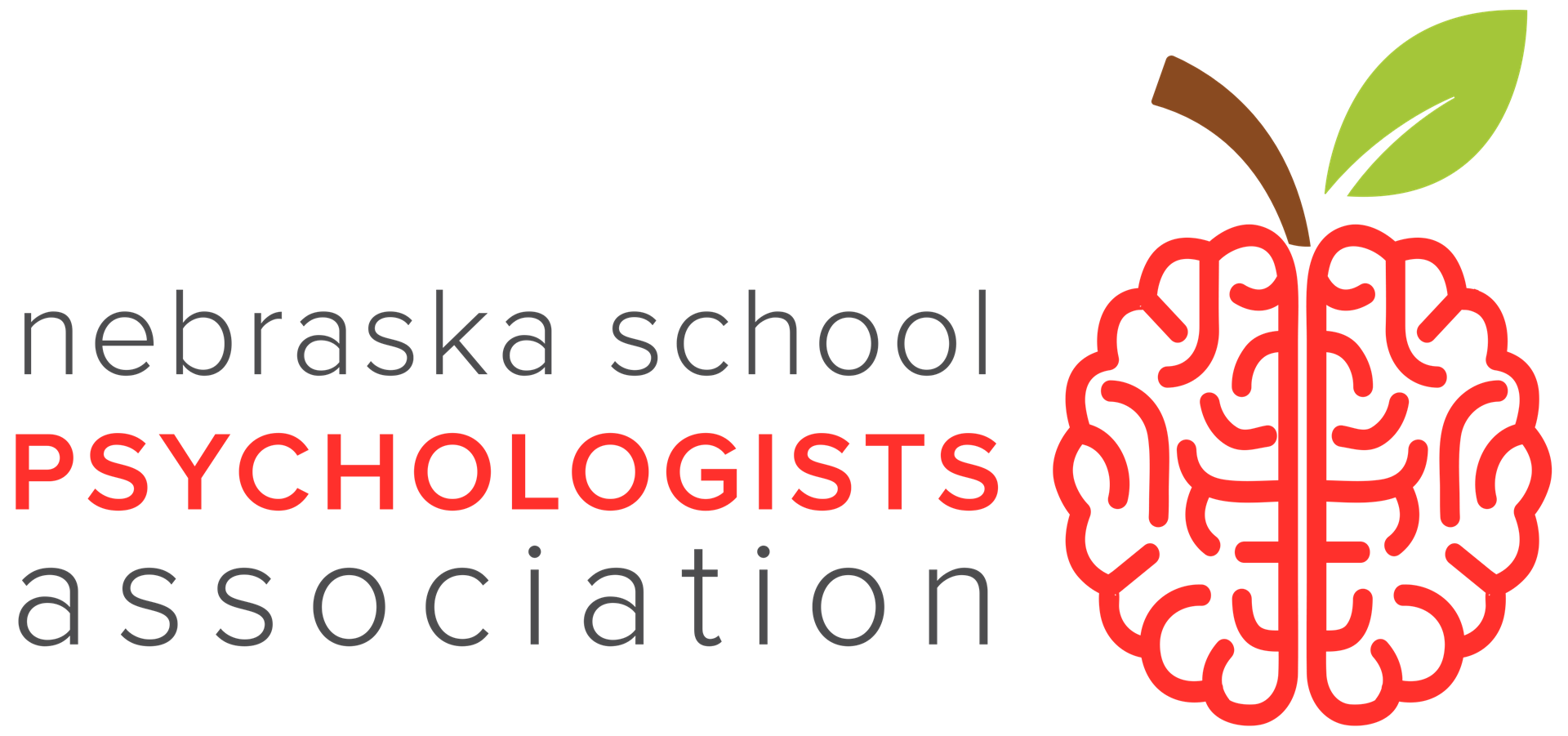- Home
- Students
School Psychology Students
What is a School Psychologist?
School psychologists help children and youth succeed academically, socially, behaviorally, and emotionally. They collaborate with educators, parents, and other professionals to create safe, healthy, and supportive learning environments that strengthen connections between home, school, and the community for all students.
Training
School psychologists are highly trained in both psychology and education, completing a minimum of a specialist-level degree program (at least 60 graduate semester hours) that includes a year-long supervised internship. This training emphasizes preparation in mental health and educational interventions, child development, learning, behavior, motivation, curriculum and instruction, assessment, consultation, collaboration, school law, and systems.
The National Association of School Psychologists sets ethical and training standards for practice and service delivery.
The site: http://www.school-psychologists.com/, describes the requirements and certifications for becoming a school psychologist for each state.
For Undergraduates or Prospective Grad Students
Looking to become a School Psychologist? Nebraska has three school psychology educational Programs.
University of Nebraska at Lincoln
- Ph. D. in School Psychology
- Educational Specialist in School PsychologyUniversity of Nebraska at Omaha
- MS and EdS in School PsychologyUniversity of Nebraska at Kearney
- MS and EdS in School Psychology
Ed.S. vs. Ph.D.
Have you ever wondered what the differences are between specialist and doctoral degrees? Rest assured you are not alone! It is important to become familiar with the career opportunities, advantages, and disadvantages associated with each degree, since this information can assist in guiding your program and degree decision process.
Specialist Degree
Specialist programs are shorter in duration than doctoral programs, and many students have fieldwork or practicum opportunities in the schools during the first year of coursework. Schools psychologists with specialist degrees are well respected in the field and comprise the majority of currently employed school psychologists in the nation.
Minimum graduate entrance requirements: bachelor’s degree
Completion time: Typically three years; however, a few programs require four years of graduate coursework including a year-long internship for certification.
Career opportunities:According to NASP, a specialist degree is considered the entry-level position for school psychology. A specialist degree in school psychology is generally accepted for certification as a school psychologist across the states, allowing for full professional practice within a public school setting. Some states also require attainment of the NCSP and/or graduation from a NASP-approved graduate program regardless of the degree awarded or hours completed.
Doctoral Degree
In addition to public schools, many doctoral-level graduates may work in a range of settings including mental health centers and clinics, hospitals, universities, research firms, testing companies, or private practice. At a state level, graduates are eligible for licensure as an independent psychologist if they complete the appropriate coursework, document supervised hours of clinical experience, and pass the national licensing examination. Additional requirements vary by state.
Minimum entrance requirements: bachelor’s degree
Completion time: Typically five to seven years of post-baccalaureate study, including a year of internship.
Features:
- A dissertation is required
- Programs incorporate research training into program objectives.
- Training in a variety of theoretical orientations is available.
Career opportunities:
- Prepares students for careers as either academicians or practitioners.
- Helps prepare students to sit for the state licensing exam for independent practice as licensed psychologists in a variety of settings.
Also, contact us with resources you would like to see us make available to ensure you have a successful internship year.
